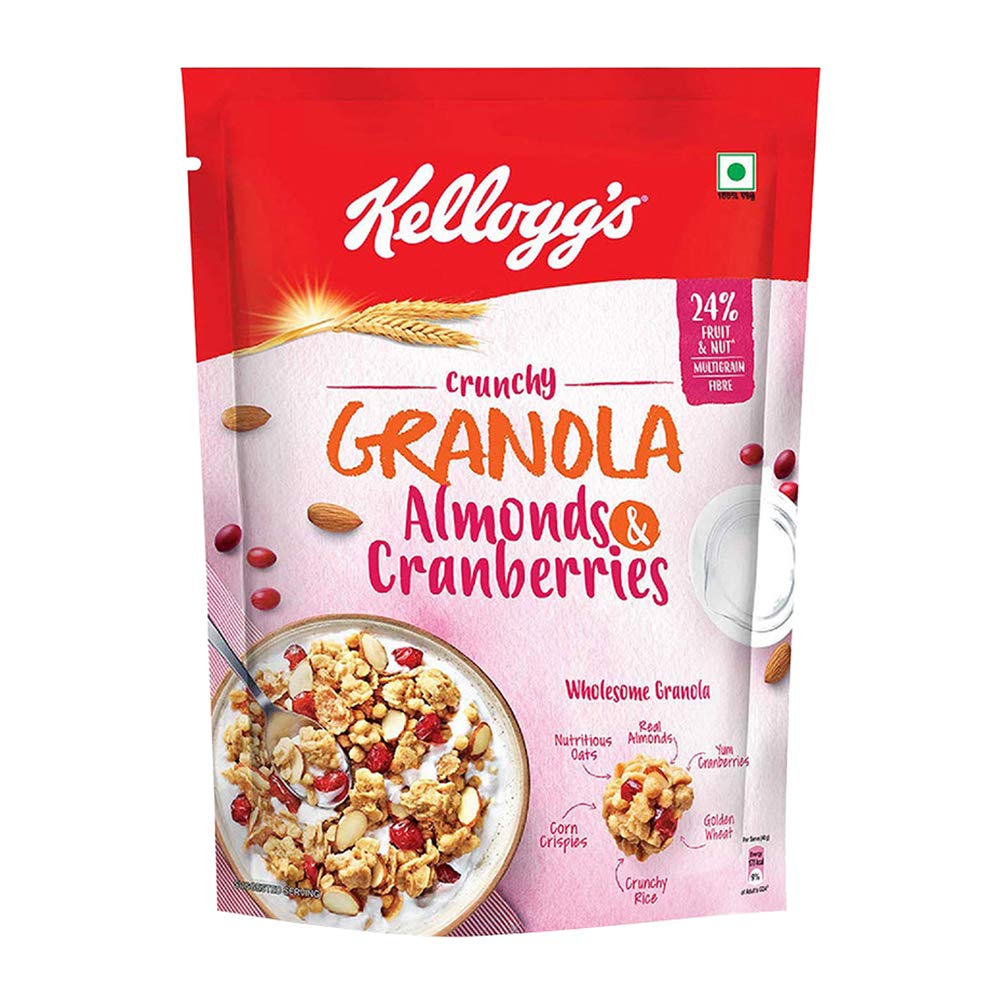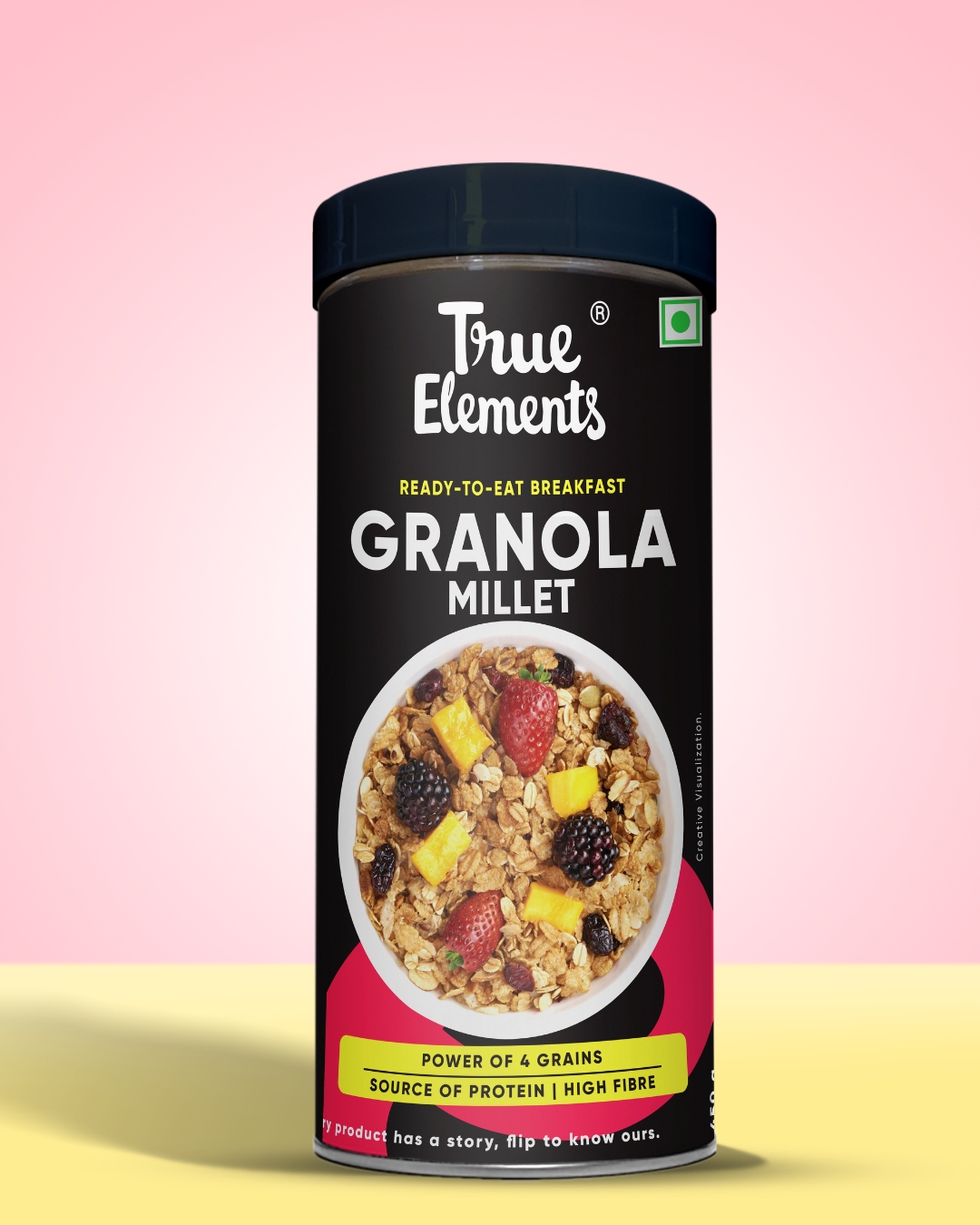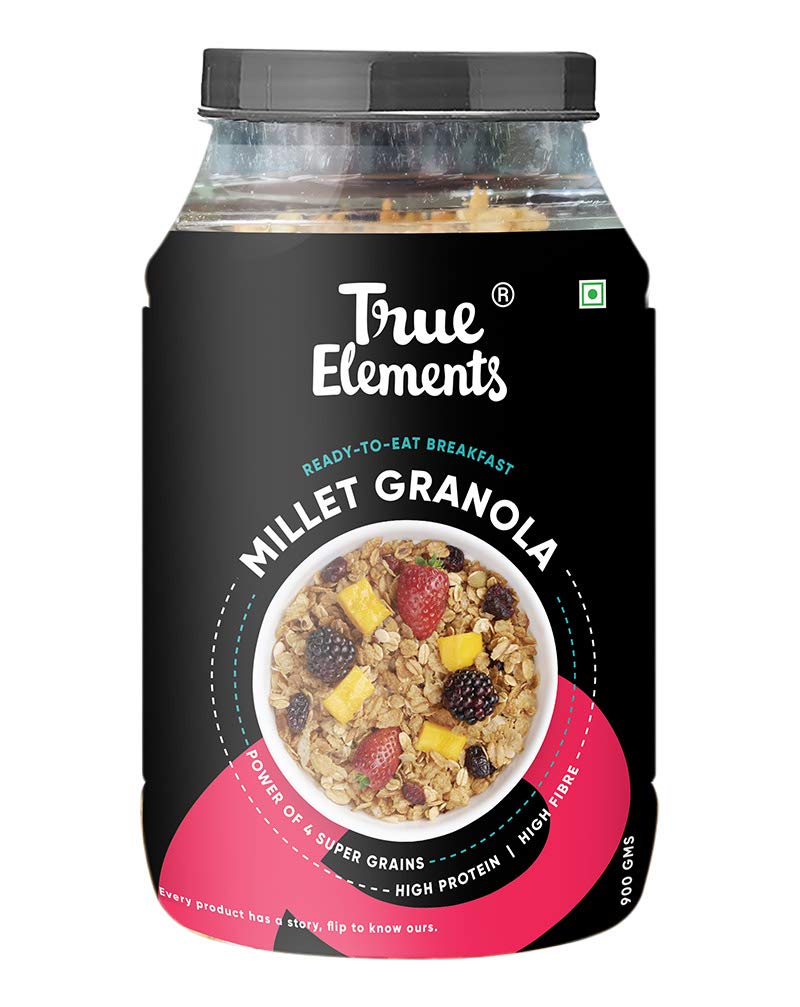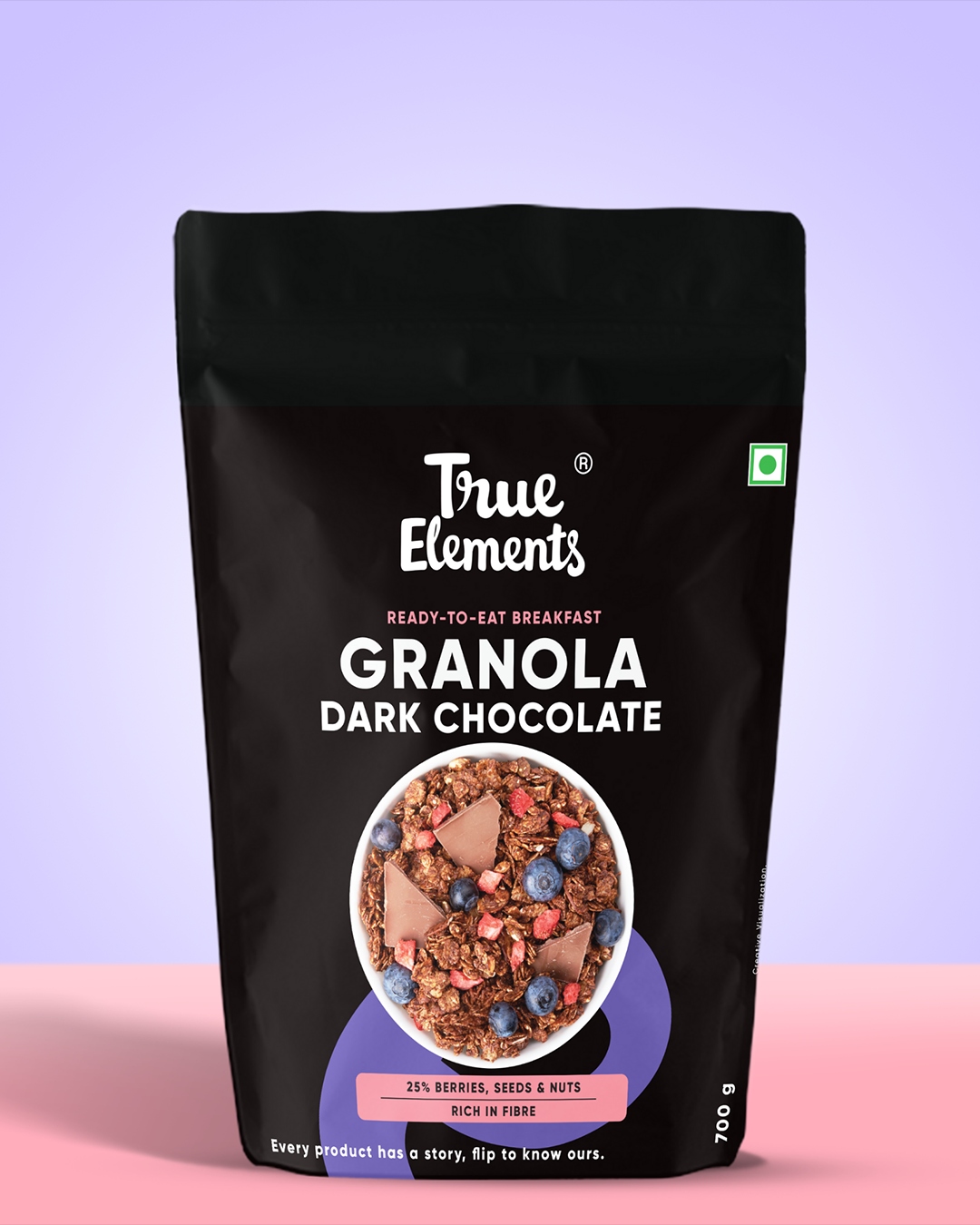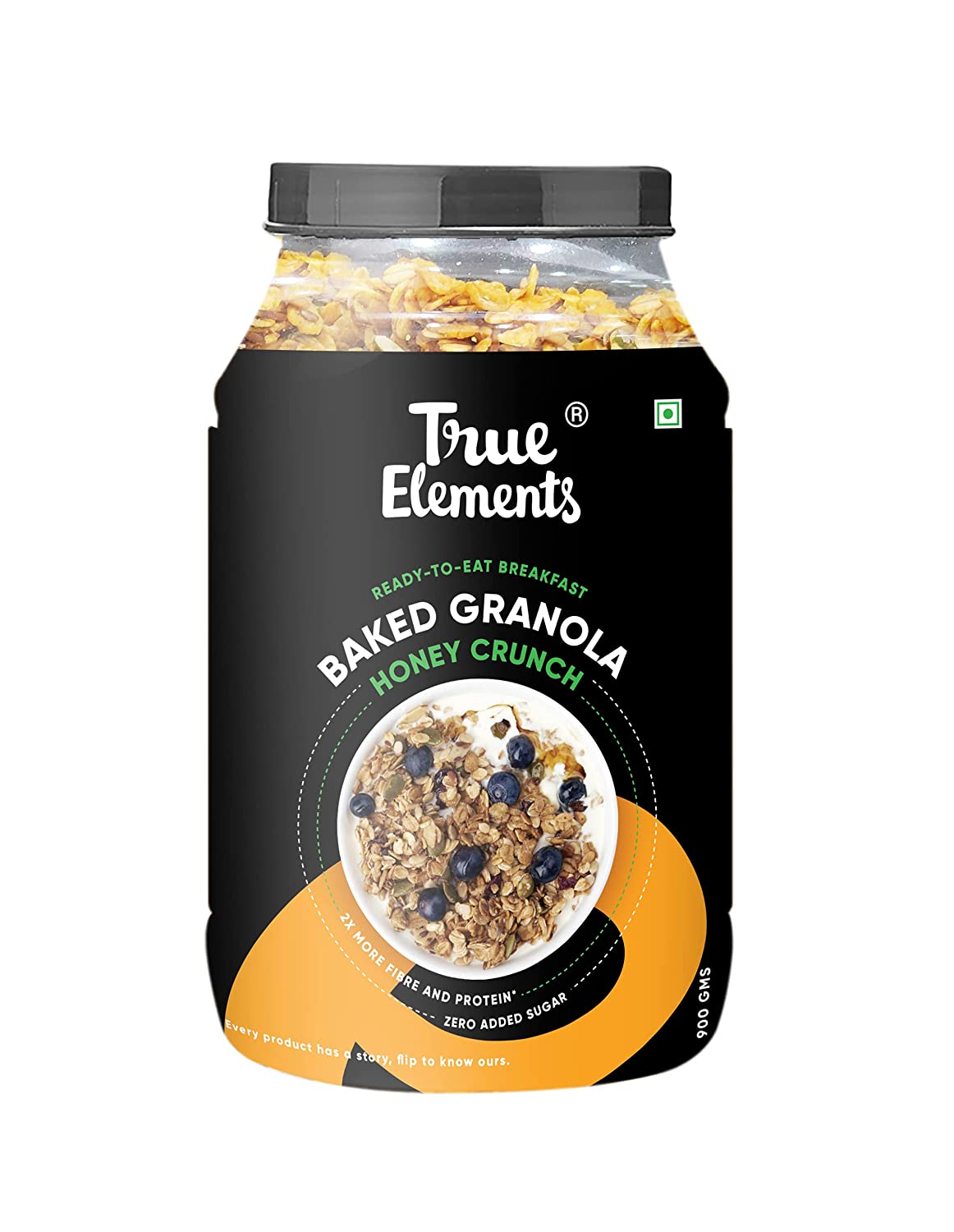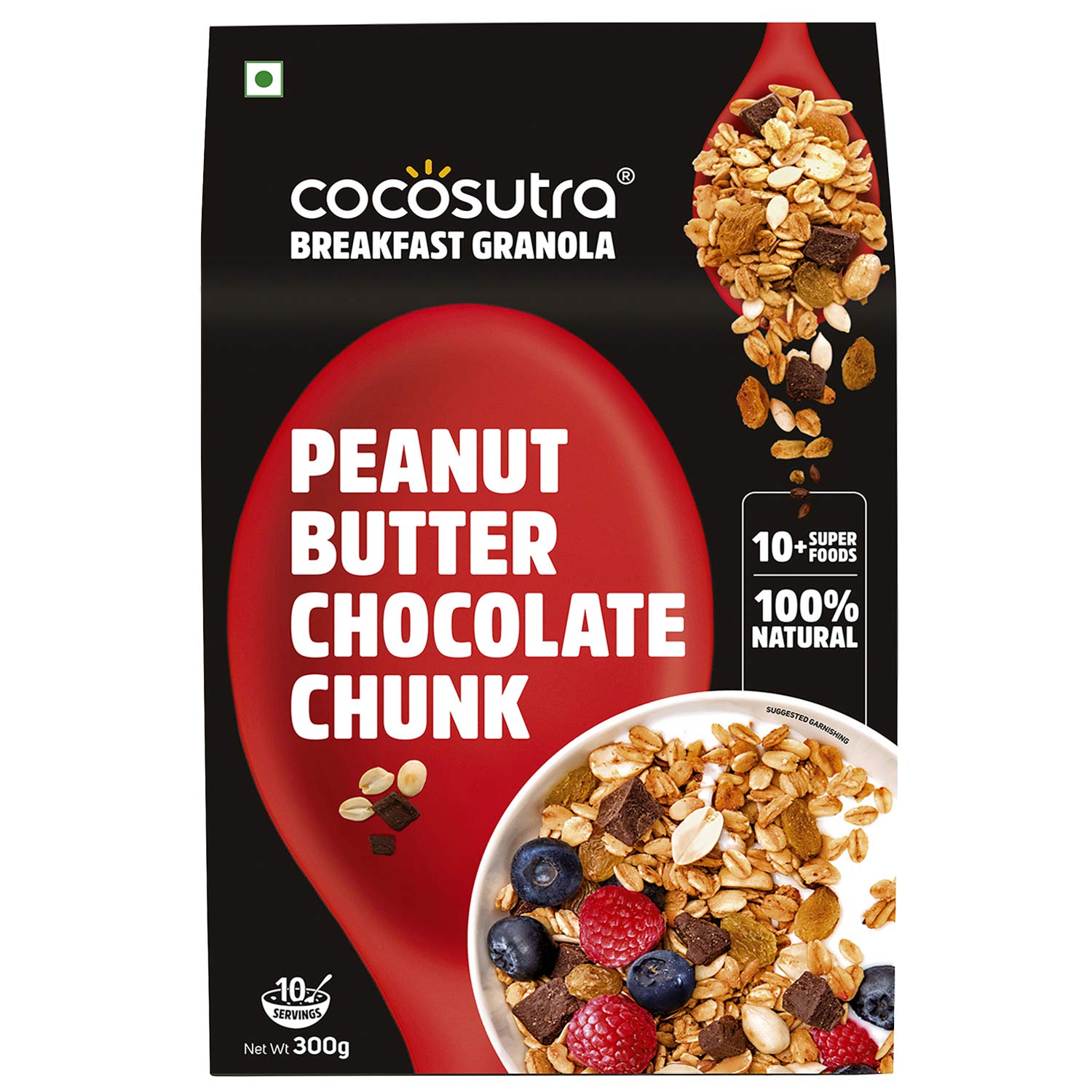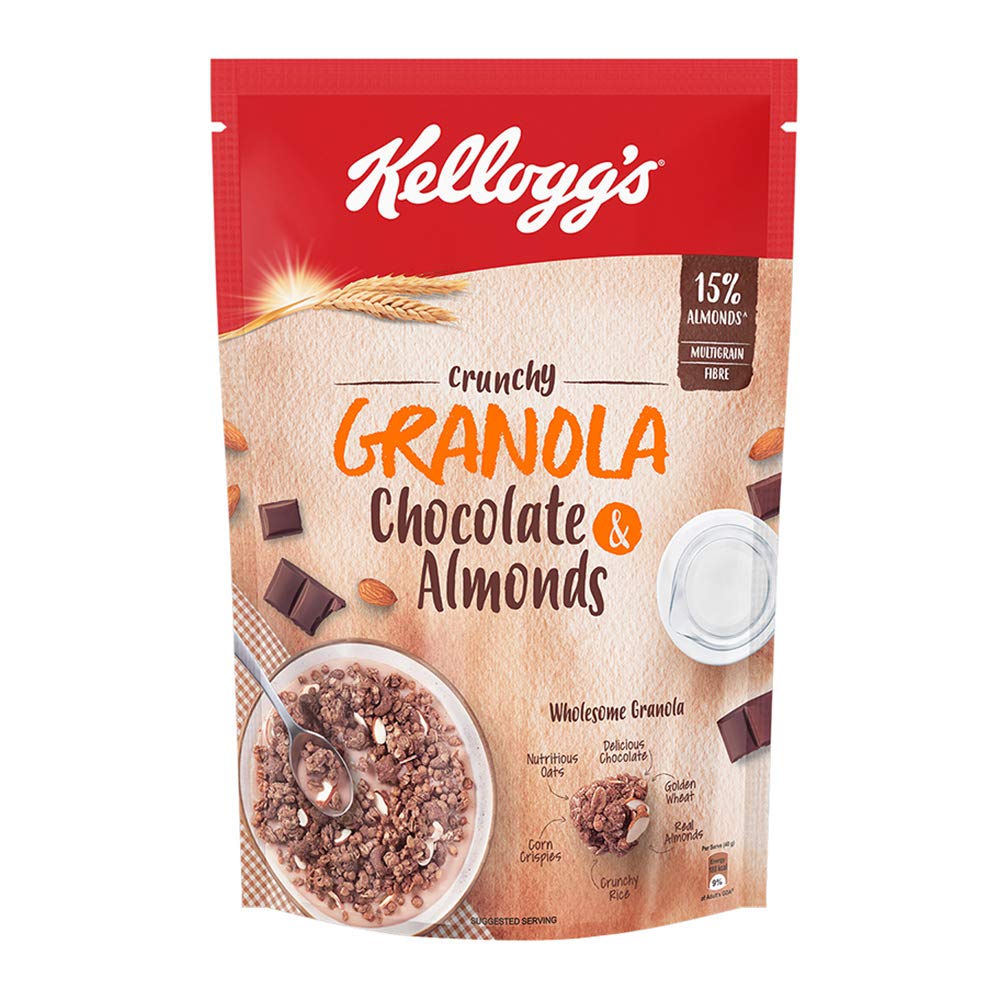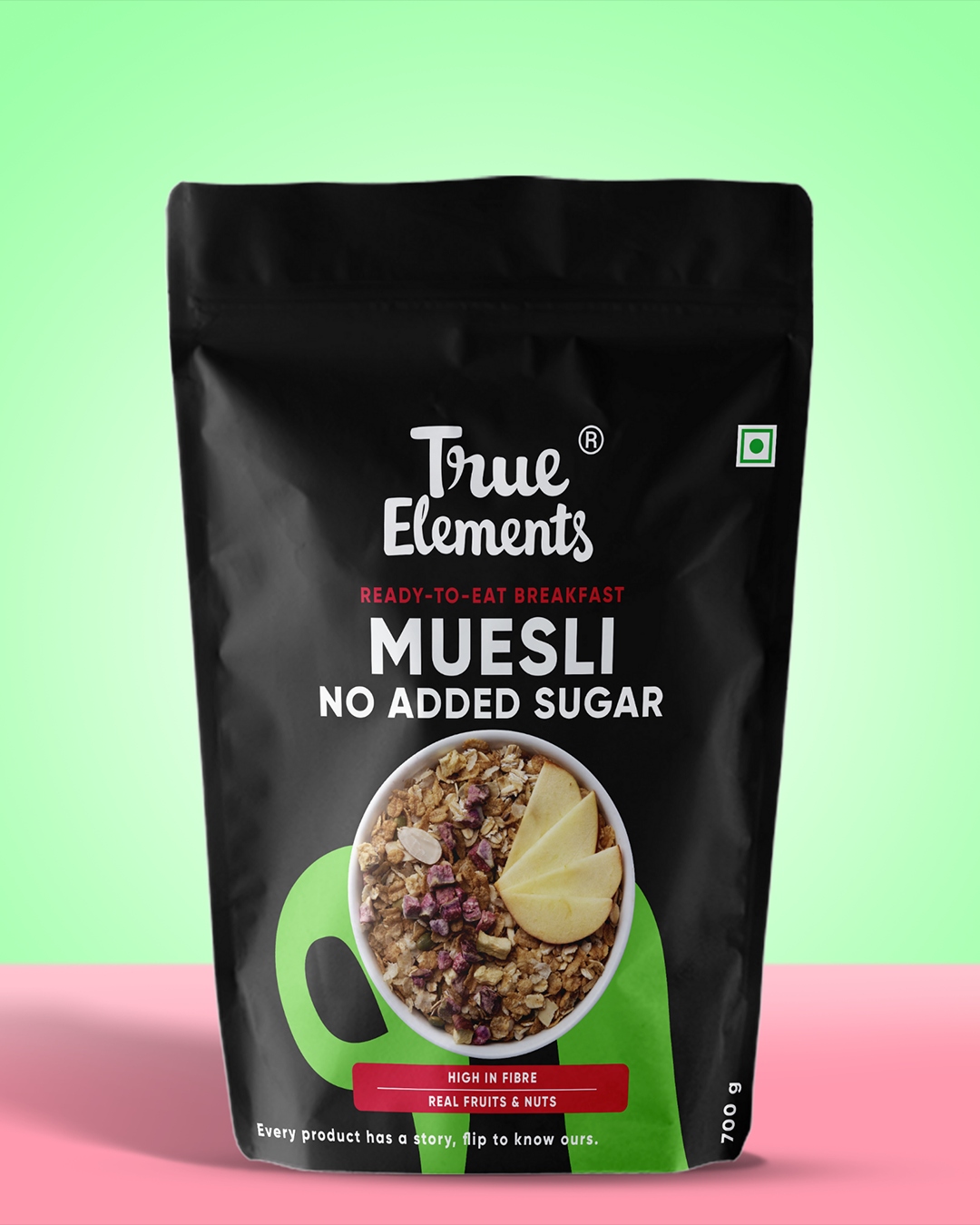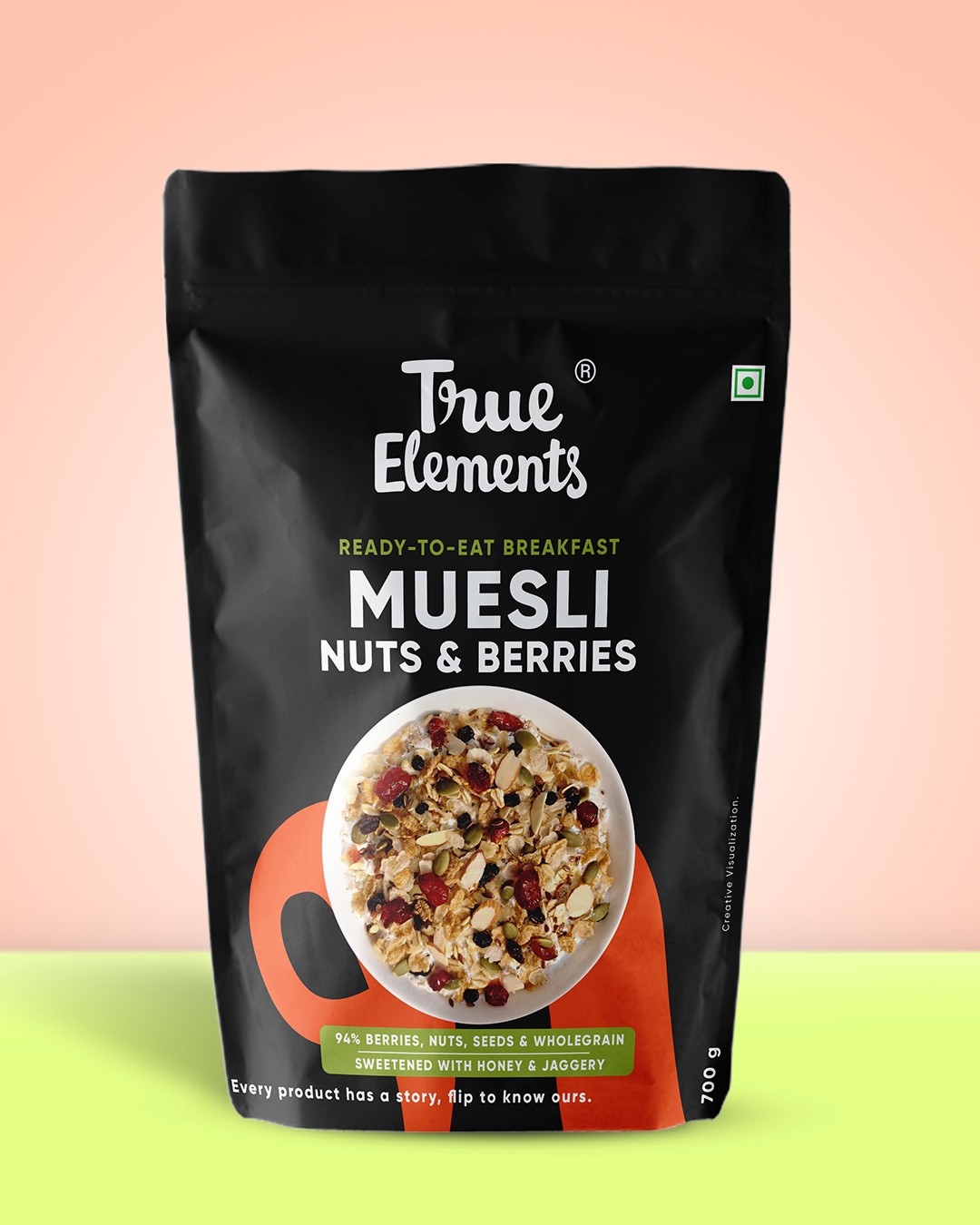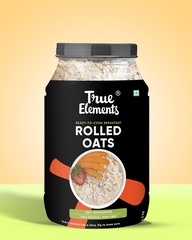Polyunsaturated Fat
Macronutrient
Last update date: November 07, 2023
Among other dietary fats, it is one of the healthiest. It can help lower your LDL (bad) cholesterol.
Frequently Asked Questions
1.
What is Polyunsaturated Fat?
Polyunsaturated fats are considered healthy fats along with monounsaturated fats. They are essential to get through our diet since our bodies are unable to produce them on their own. Incorporating foods that are a good source of polyunsaturated fats is essential to lead a healthy and happy life.
2.
How do polyunsaturated fats benefit heart health?
Polyunsaturated fats are beneficial for heart health. They help in reducing LDL (bad) cholesterol levels in the blood, lowering the risk of heart disease and stroke. They also play a vital role in supporting brain function, reducing inflammation, and promoting overall well-because they are excellent sources of both omega-3 and omega-6 fatty acids.
3.
What is negative impact of Polyunsaturated Fat?
Be mindful of polyunsaturated fats. Maintain a balance between omega-3 and omega-6 fatty acids to avoid negative effects. Excessive omega-6 intake can lead to inflammation and health issues. Remember, polyunsaturated fats are high in calories, so avoid overconsumption to prevent weight gain. Incorporate diverse food sources like fatty fish, nuts, seeds, and plant-based oils for their positive impacts. Stay mindful and enjoy the benefits of polyunsaturated fats in a healthy balance.
4.
Who should avoid Polyunsaturated Fat?
Polyunsaturated fats are generally beneficial for most individuals when consumed in moderation. However, individuals with certain health conditions, such as bleeding disorders or those on blood-thinning medications, may need to limit their intake of omega-3 fatty acids. It is recommended to consult with a healthcare professional or registered dietitian for personalized advice based on individual health circumstances.
5.
What are examples of polyunsaturated fat?
Fatty fish like salmon, trout, sardines, nuts, and seeds along with some plant-based oils like soybean and sunflower oils are common sources of polyunsaturated fats.


